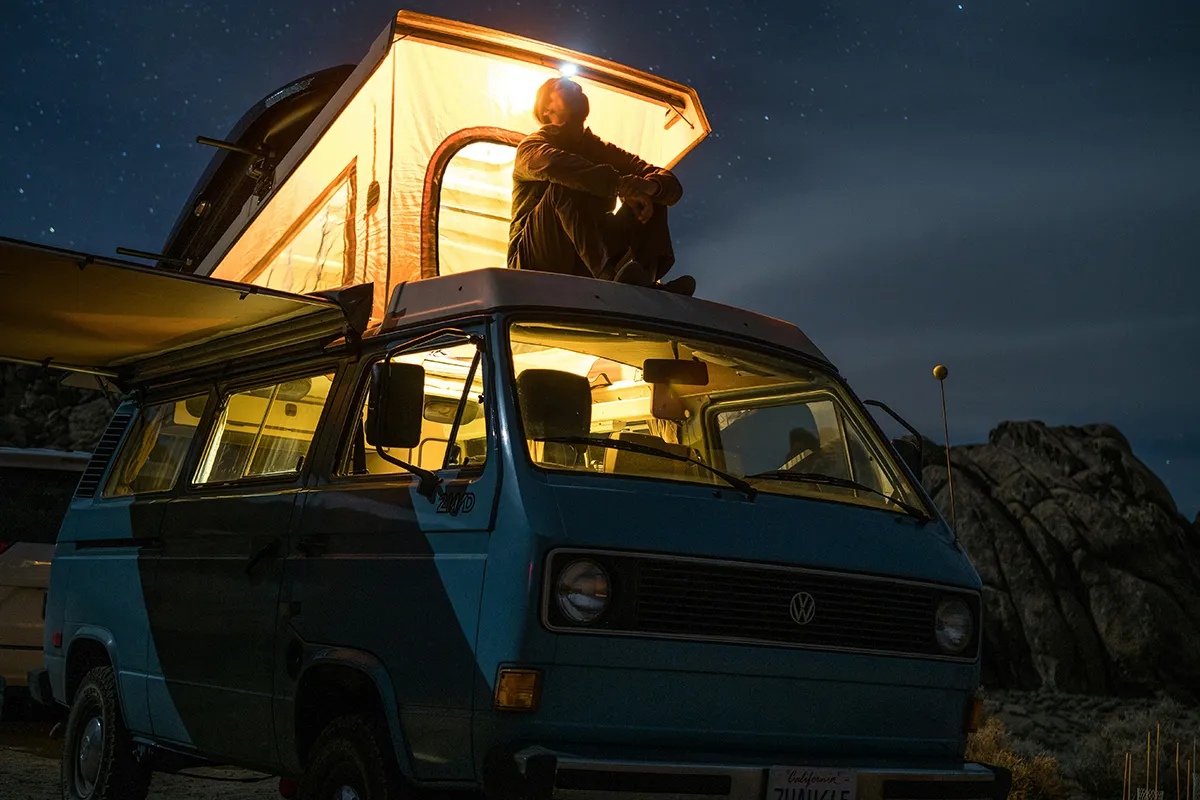

With a little bit of adjustment, you can make your car or van the perfect home for winter travel. The following dos and don’ts are geared towards making rigs more comfortable immediately, without a lot of money or reconstruction. There are more in-depth ways to add heat to your van or car but these tend to be expensive and not accessible for those who are new to car or van life. These tips and tricks are tested, however, by traveling through mountain towns and ski resorts during one of the toughest winters in recorded history.
Videos by Outdoors
This post contains affiliate links. Outdoors.com may earn a commission when you make a purchase through these links. Thank you for your support.
DO Invest in Good Bedding
A low-temperature-rated sleeping bag is a great option because they are guaranteed to protect you, unlike a generic duvet or blanket. Something like the Nemo Jazz double sleeping bag is nice because it is rated for cold weather, comes in a double, and is super cozy. However, if the price tag is too much to invest in at the moment, you can pile on the blankets and throw a hot water bladder in the sheets to add warmth.
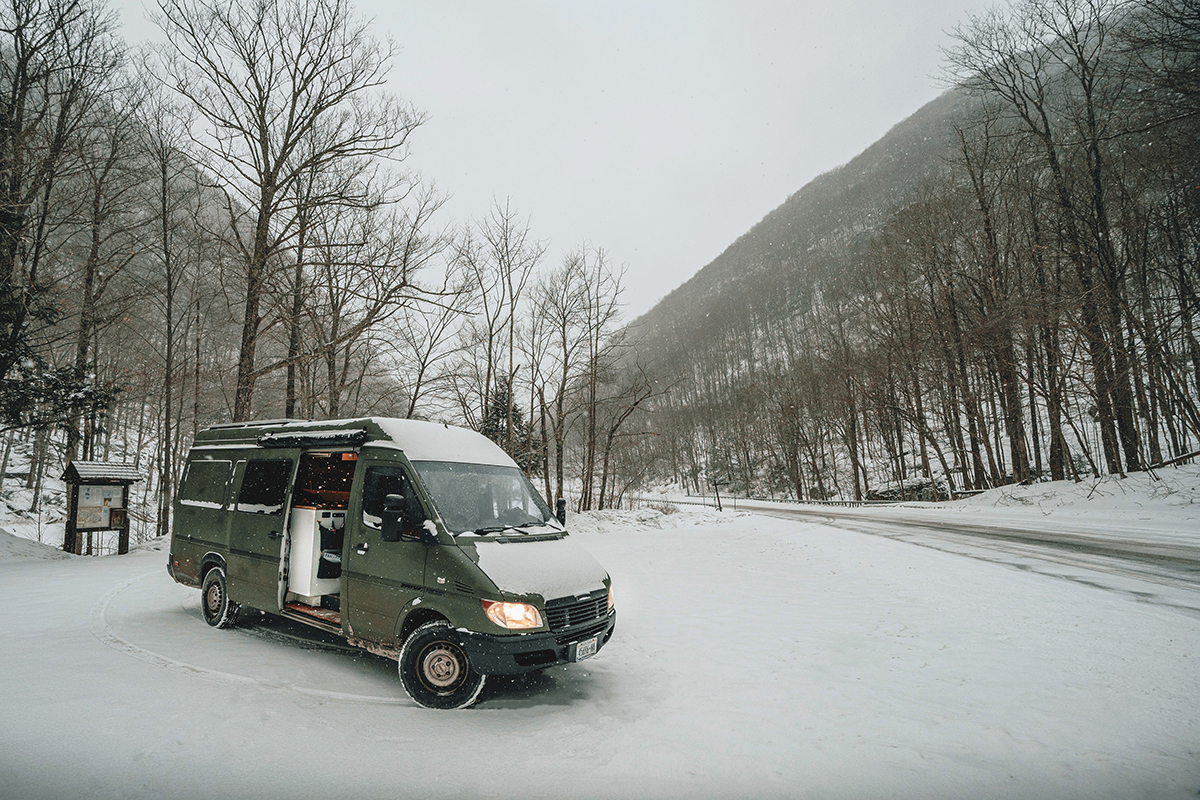
DON’T Run Your Engine to Keep Your Vehicle Warm All Night
This is how three women died in the Palisades parking lot in 2008. While they slept, they ran the engine and a heavy snowstorm eventually blocked the tailpipe, poisoning them with carbon monoxide.
DO Wear the Right Clothes, Even While Sleeping
Merino wool socks and base layers will trap heat while allowing your skin to breathe. Bonus, wool doesn’t absorb odor making it the perfect fiber to wear while sleeping. Layer fleece then down on top of this base layer when hanging out and finish with beanies and waterproof or insulated boots when making runs to Walmart to pee. Remember, it is easier to retain body heat than generate it.
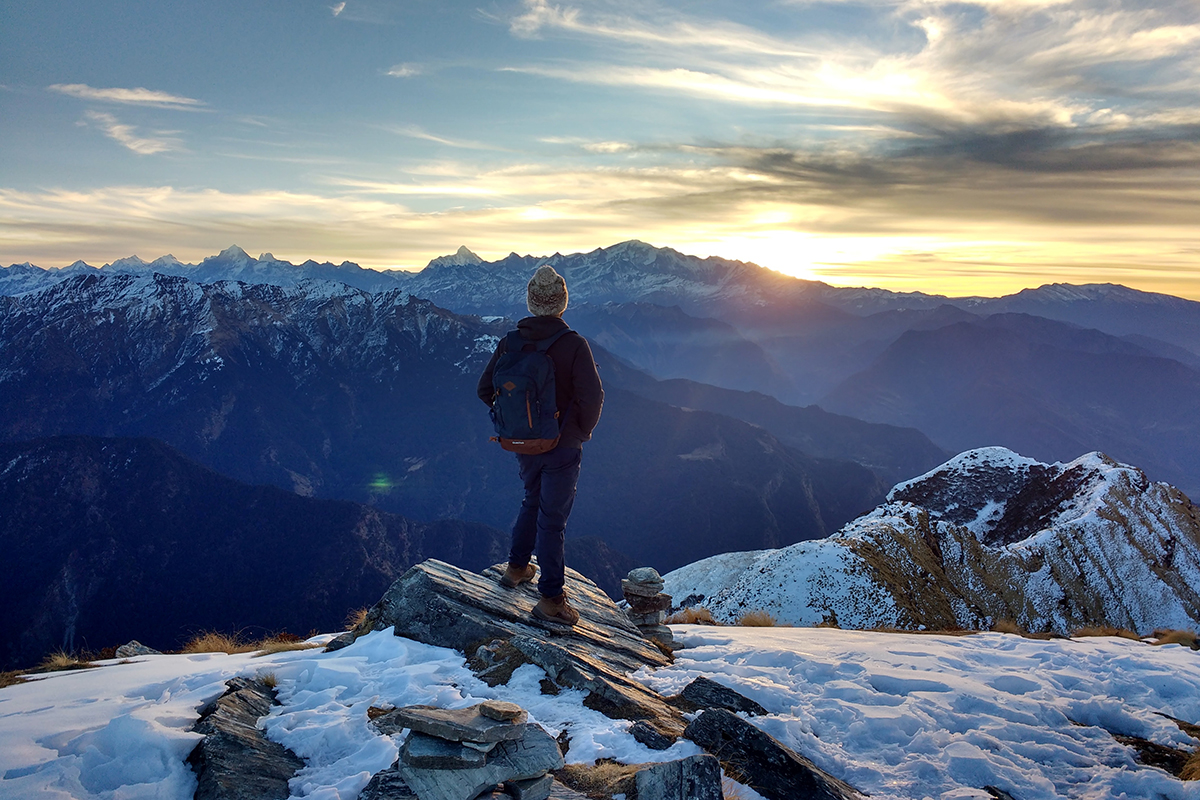
DO Insulate Your Rig
An easy and cheap way to do this for any vehicle, from a Honda Accord to a Sprinter Van, is by covering windows with reflective padding. This will help trap heat and will prevent the windows from freezing with the condensation you produce while you sleep.
DO Make Sure You Are Prepared to Drive in the Snow
This means making sure your tires are appropriate for snow, that you carry chains, that you understand the basics of winter driving, and you have equipment like a portable snow shovel and a traction device handy.

DON’T Get Cocky When Driving
Even if you have the best snow tires and all the gear you think you might need, you cannot go wherever you want during winter. Emergency services might not be able to get to you for hours (if at all) if something goes wrong. Even in developed areas like Lake Tahoe, calling AAA during or immediately following a major snowstorm you may be looking at waits of 15 hours or more. If the sign says they don’t plow the road, maybe choose another route.
DO Expect it to be Wet
Condensation happens whether you are in a car or a fully built rig. And because it is colder, it is harder to dry things out. Keep a good quick-drying towel handy to clean condensation from windows. Other simple remedies can help reduce moisture too, like placing a few charcoal bricks, rock salt (also good for traction!), or baking soda around the rig. Be sure to check things like your rugs or blankets to see if they start smelling like mold or mildew. If they do, then step up your dehumidifying game by keeping a window cracked.
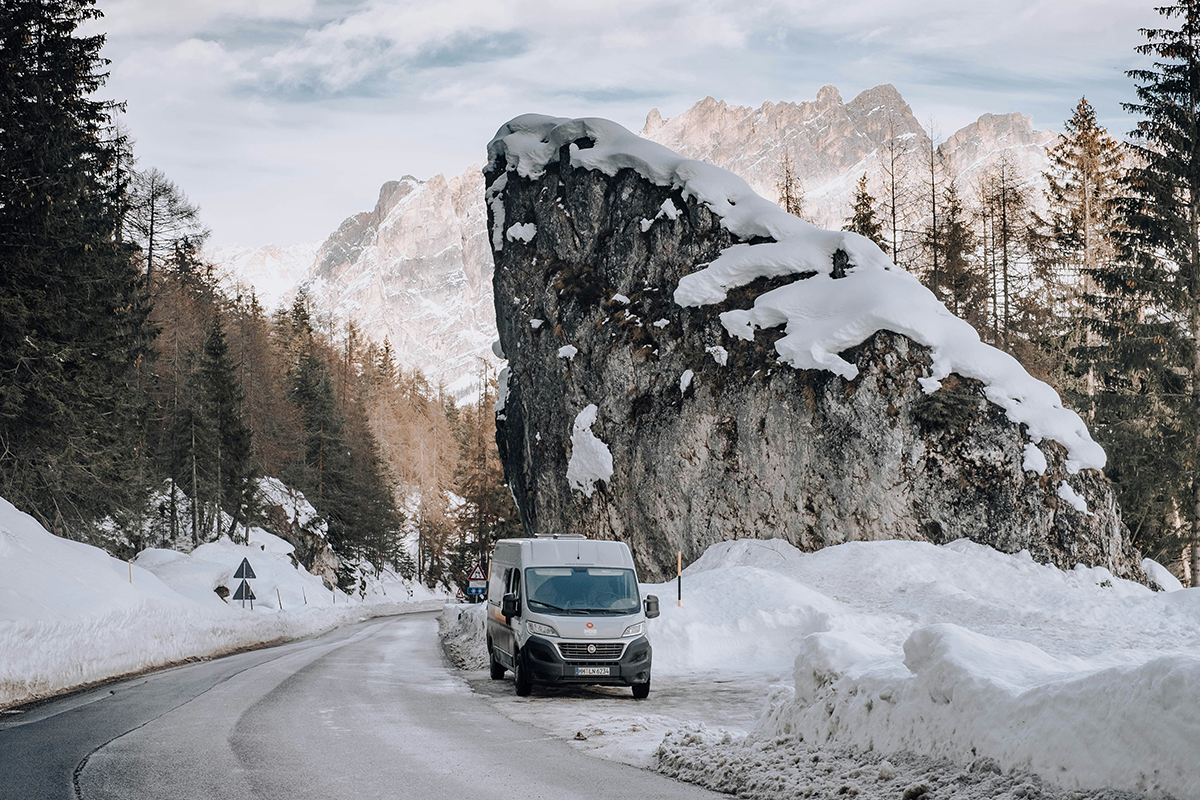
DO Use Apps Like the Dyrt or Vanly to Find Places to Sleep
During the winter, parking options are restricted, so these apps come in super handy.
DO Look for Public Parking Garages that Allow Overnight Parking
A structure like a parking garage will help keep your vehicle warmer, especially during snow storms. However, be mindful of their rules as many may have restrictions against sleeping in your car.
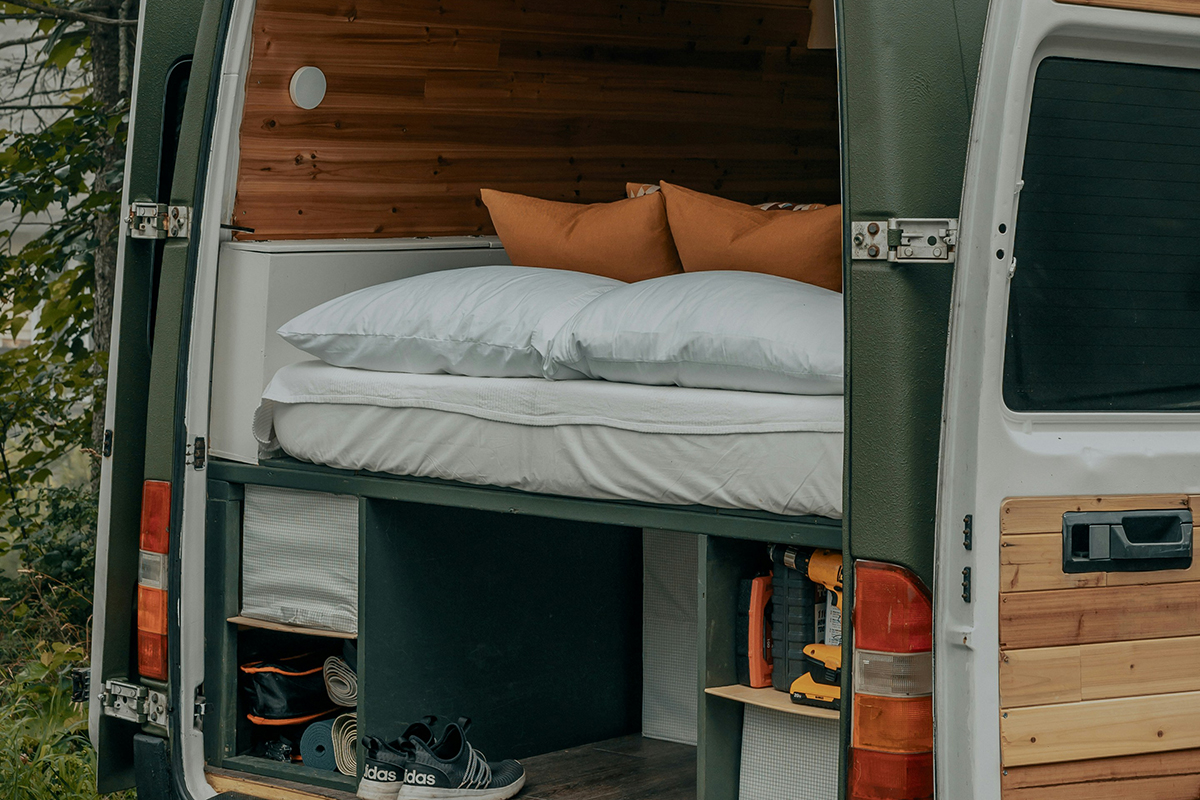
DON’T Assume that All Ski Resorts Allow Car Camping
Many do not allow this, but some do. Here are a handful that allow it––however, still be mindful of rules at these resorts as they can change:
- Revelstoke
- Mt Baker Ski Area
- Mt. Hood Meadows Ski Resort
- Dodge Ridge Ski Area
- Bogus Basin Ski Area
- Whitefish Mountain Resort
- Powderhorn Mountain Resort
- Taos Ski Valley
- Sugarloaf
- Killington Ski Area
DO Find Free Places to Hang Out
When the sun goes down at 5 pm, it can get a tad bit depressing sitting in your car until sleep hits you. When staying in towns, you may be tempted to head to the local brewery to waste away the night. But this can get expensive. Seek out free options like public libraries, local art galleries, gear stores, or community centers. Often towns will host free events, too, like movie screenings and live music.
DO Bring Entertainment.
Load your phone or device with movies, books, and other forms of entertainment for those long nights.
DO Bring Pets.
Bring along your pup or cat or whatever pet you may have –– they add warmth and help make those lonely nights a bit better.
DON’T be Discouraged or Exceed Your Limits
Choose to stay in a house (for free!) when nights are dangerously cold. Apps like Couchsurfing or Trusted House Sitters connect travelers with hosts that have spare couches or beds. Couchsurfing hosts don’t expect anything in exchange for opening up their homes (besides a good story or two) while Trusted House Sitters hosts expect guests to watch over their homes when they are away, often caring for pets or plants. Couchsurfing hosts will usually be present in the house while Trusted House Sitters hosts will not. However, both options usually allow guests to use amenities like showers, laundry, and kitchens.
Check out our guide for more winter camping tips.
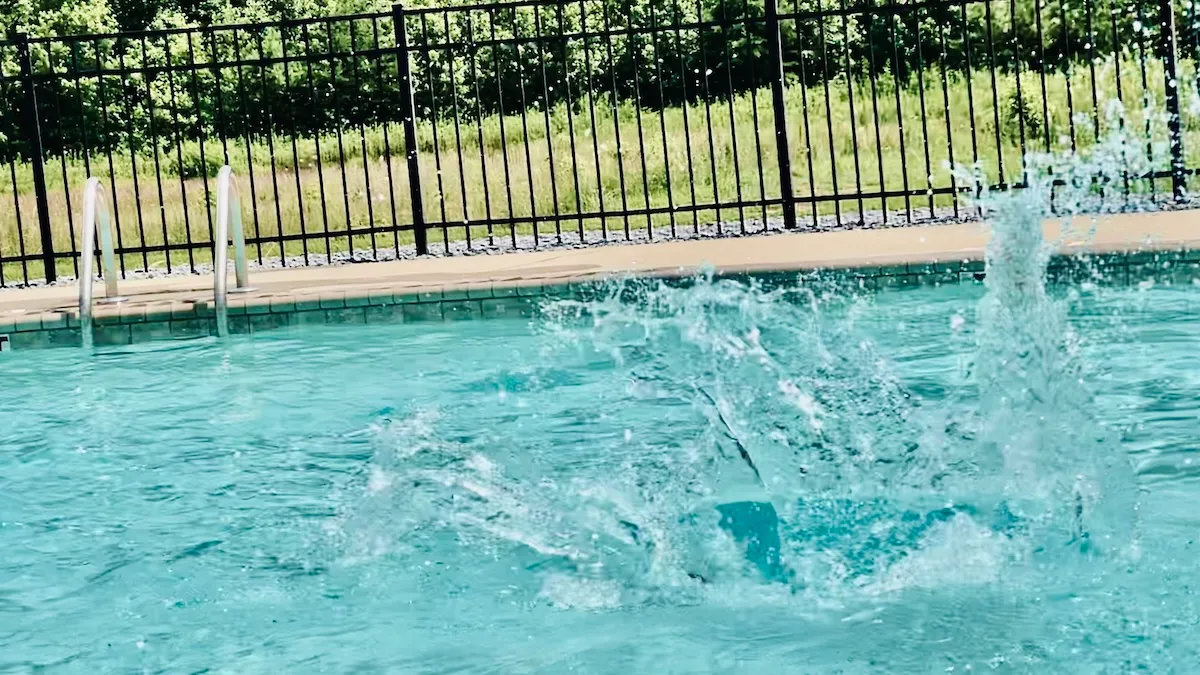
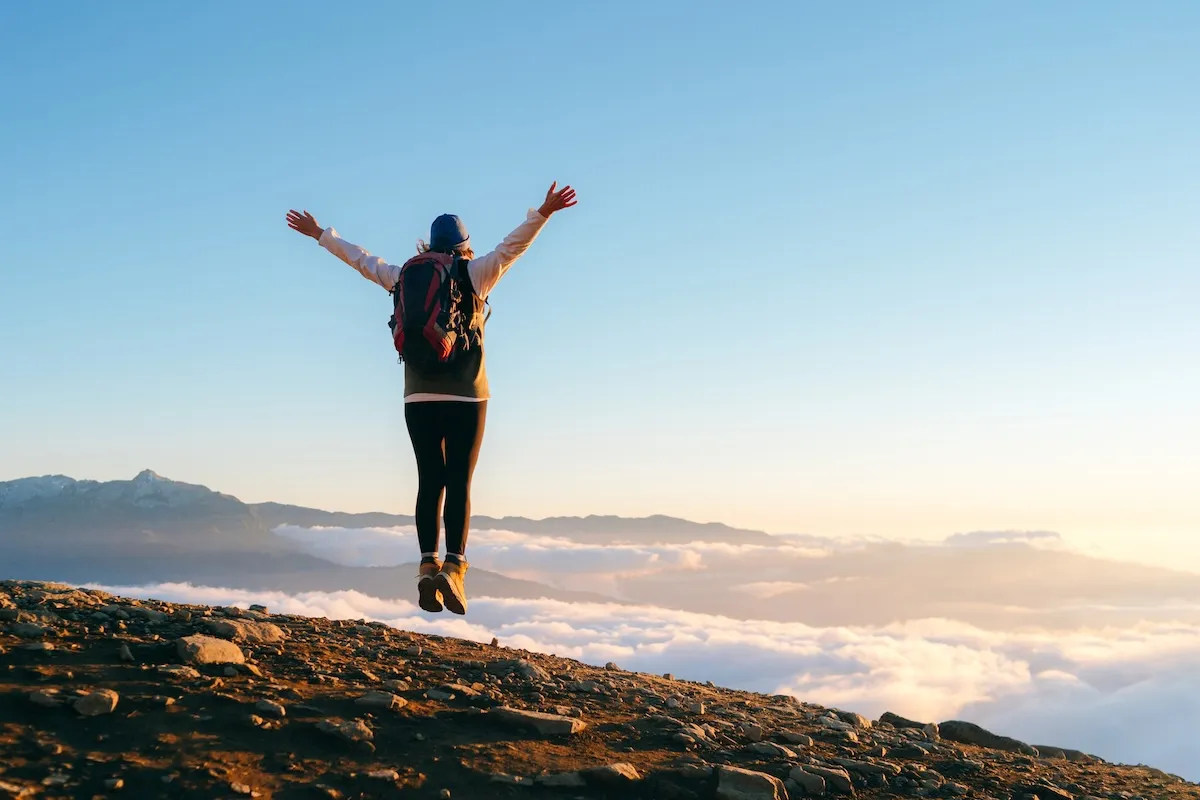

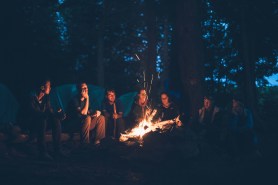
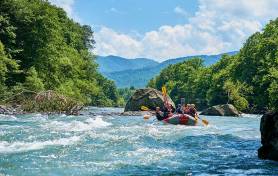
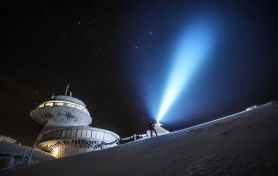

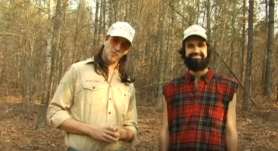
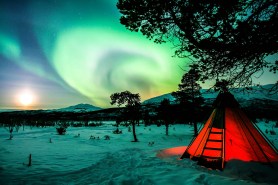
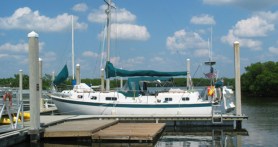
You can no longer park over night at Revelstoke Mountain Resort – https://www.revelstokemountainresort.com/discover/lodging/rv-parks-camping/